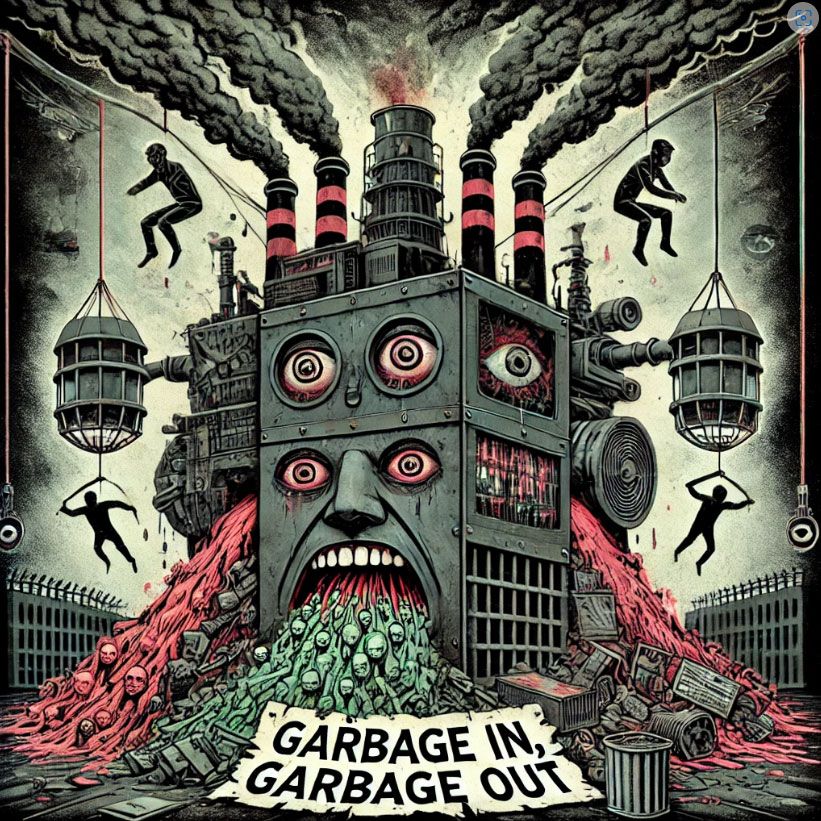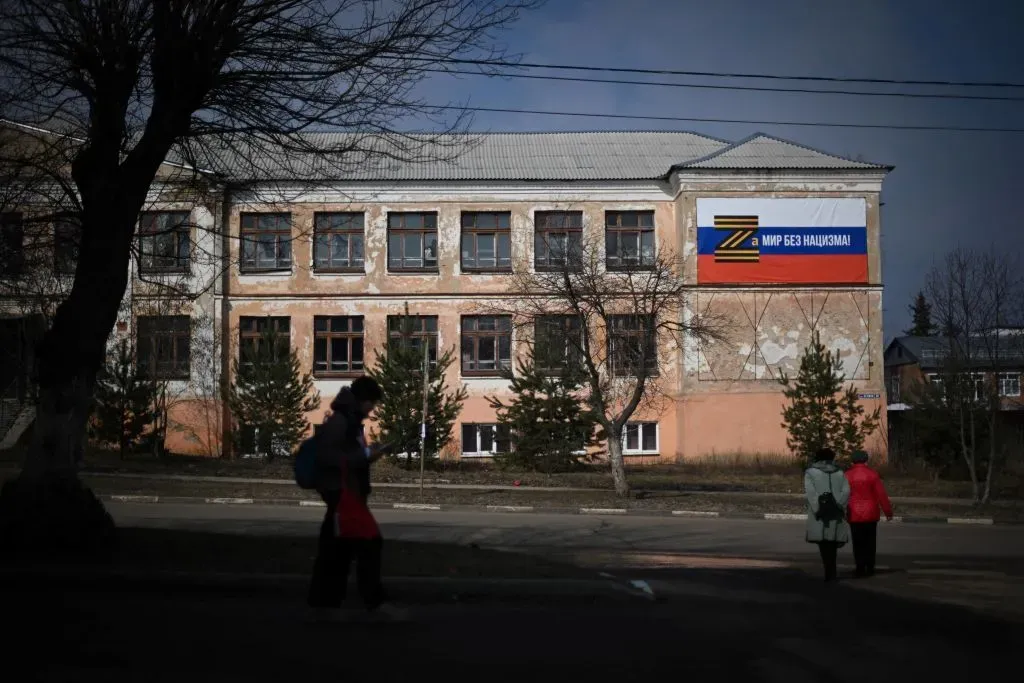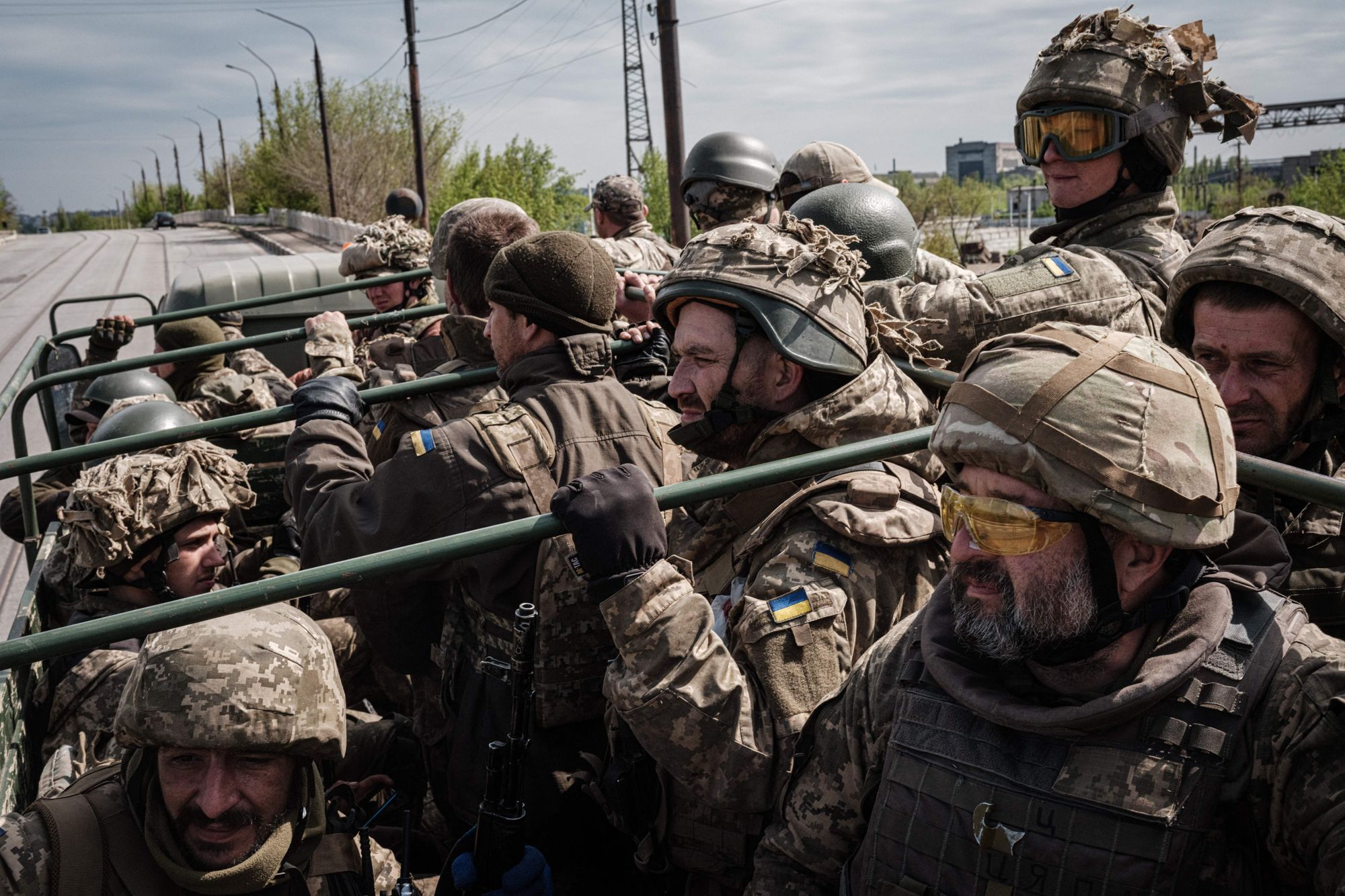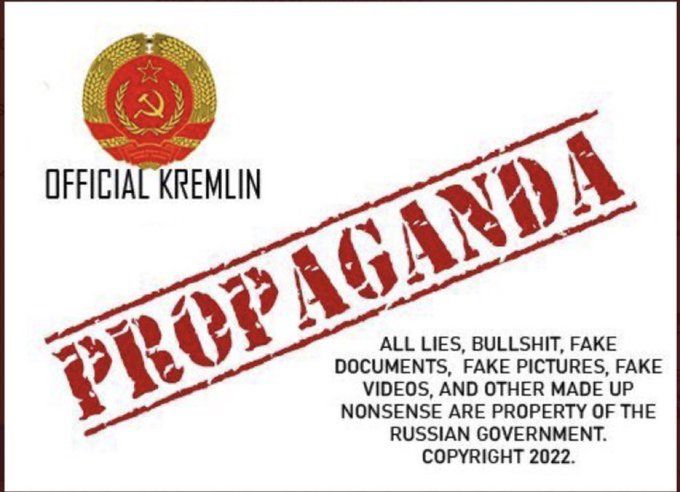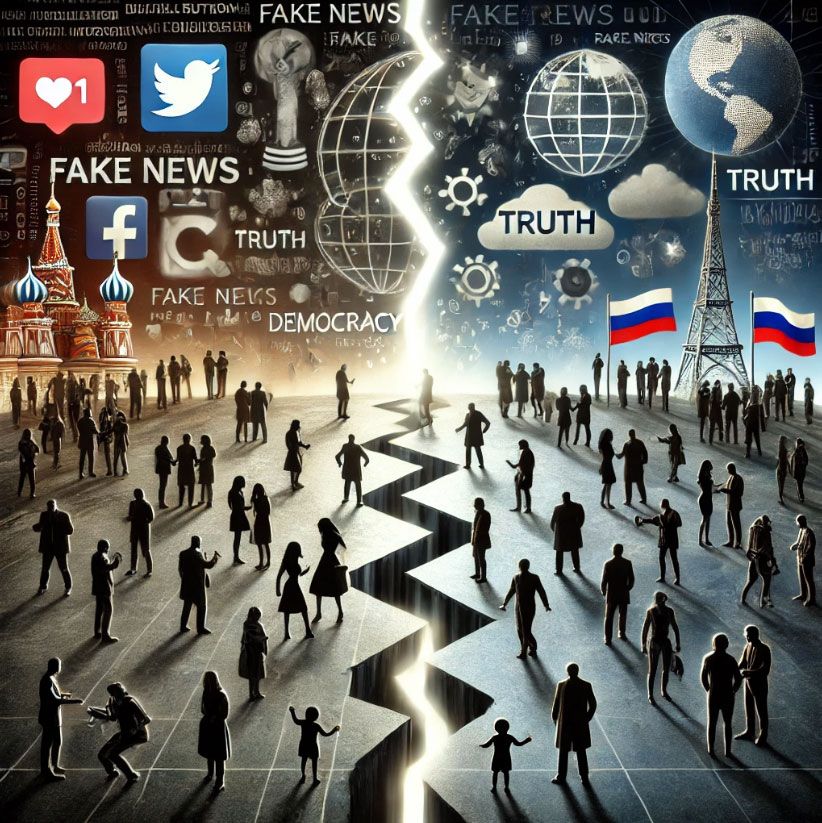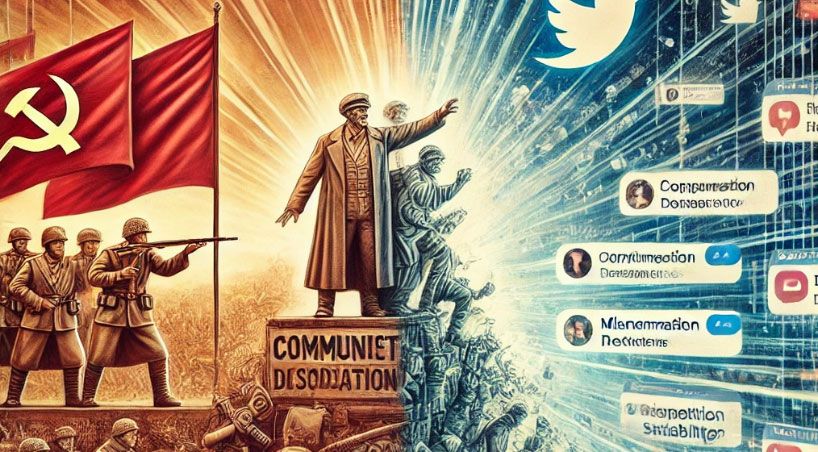This pattern of ideological corruption has directly contributed to global destabilization, influencing authoritarian movements and eroding democratic institutions worldwide.
Source:The Gulag Archipelago by Aleksandr Solzhenitsyn
Misinterpretation or Intentional Corruption of Communism?
Communism, in theory, aimed for classless equality. However, the Soviet interpretation transformed it into an oppressive hierarchy—for example, Stalin's creation of a privileged political elite within the Communist Party contradicted Marxist principles of equality, reinforcing social stratification instead of eliminating it.
This was less a misunderstanding and more a deliberate re-engineering of ideology to justify state control and suppress opposition, laying the foundation for modern authoritarian tactics.
- Lenin's Pragmatism: Introduced the New Economic Policy (NEP) to stabilize the economy, blending capitalism with socialism—a significant deviation from Marxist purity.
Source: Lenin's NEP - Britannica - Stalin's Paranoia: Institutionalized terror through gulags, purges, and show trials, justified under the guise of defending socialism but rooted in consolidating power.
Source: The Great Purge - Britannica - Modern Russia's Legacy: Putin's regime has recycled these tactics (e.g., kompromat, media manipulation, and controlled oligarchy) in a post-ideological state. Communism is gone, but authoritarian mechanisms endure, now serving a kleptocratic system that threatens global security.
Source: Putin's Kleptocracy by Karen Dawisha
Kompromat as Systemic Logic
Kompromat reflects a zero-sum worldview where trust and cooperation are liabilities. Power is maintained not through consensus but through fear and manipulation.
This systemic use of kompromat extends beyond Russia's borders, undermining global democracies by fostering distrust and enabling foreign interference in elections and governance.
Source: The Weaponization of Kompromat - The Atlantic
- Global Destabilization: Supporting authoritarian regimes, sponsoring disinformation campaigns, and exploiting democratic weaknesses have enabled Russia to destabilize rival nations while maintaining domestic control.
- Domestic Control: Silencing critics, co-opting elites, and using fear to dominate society perpetuate an environment where corruption thrives unchallenged.
The Global Impact of Authoritarian Tactics
Russia's exploitation of ideological corruption and kompromat has global consequences.
Tactics once used for internal control are now deployed internationally:
- Election Interference: Russian disinformation campaigns and cyberattacks have targeted democratic elections worldwide, eroding public trust in democratic institutions.
Example: U.S. election interference in 2016, funding far-right political parties in Europe. - Hybrid Warfare: The annexation of Crimea and intervention in Ukraine exemplify the blending of military aggression, cyber warfare, and disinformation.
- Global Propaganda: Russian state media (e.g., RT, Sputnik) spread propaganda that fuels division in democratic societies.
These tactics expose how authoritarian regimes manipulate global systems for their own gain, making every nation vulnerable to destabilization.
Conclusion
Across Russian history, from imperial times to the modern era, ideology has consistently been manipulated to justify authoritarian control.
Figures like Lenin and Stalin corrupted Marxist ideals into instruments of terror, while contemporary leaders like Putin have replaced ideology with opportunistic nationalism and kleptocracy.
The use of kompromat, state terror, co-opted elites, and assassinations remains a persistent strategy, illustrating a systemic mindset where power preservation overrides all ideological commitments.
This corruption of ideology is not isolated to Russia but threatens the stability of global democracies.
The Broader Lesson for Humanity
The tactics employed by Russian leadership—systematic repression, exploitation of ideology, and state-sponsored criminality—do not exist in isolation.
These methods have directly impacted global democratic institutions through election interference, disinformation campaigns, and the support of extremist political movements aimed at destabilizing Western democracies.
They represent a deliberate strategy to undermine democratic values and destabilize global order.
These actions make the perpetrators criminals, their collaborators accomplices, and humanity at large their victim.
Authoritarian regimes that weaponize ideology and power not only oppress their own people but threaten international stability. Recognizing these patterns is essential for global resilience.
The world must confront this corruption of power through transparency, accountability, and unified resistance to authoritarian influence.
We need to save ourselves by staying informed, supporting democratic institutions, holding leaders accountable, and standing in solidarity against authoritarianism.
Collective action and vigilance are essential to safeguarding global freedom.
Join us!


